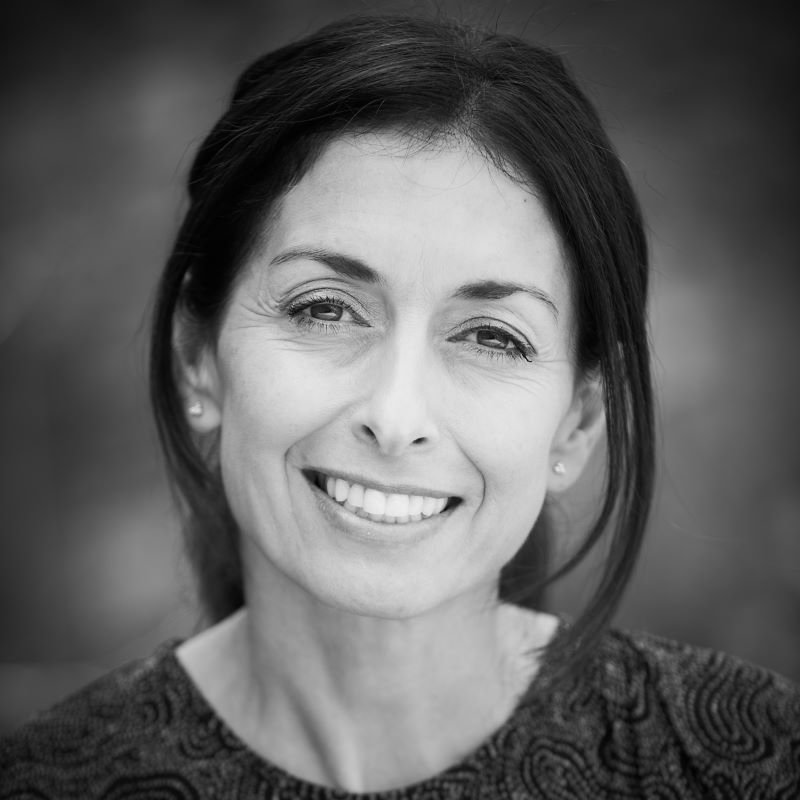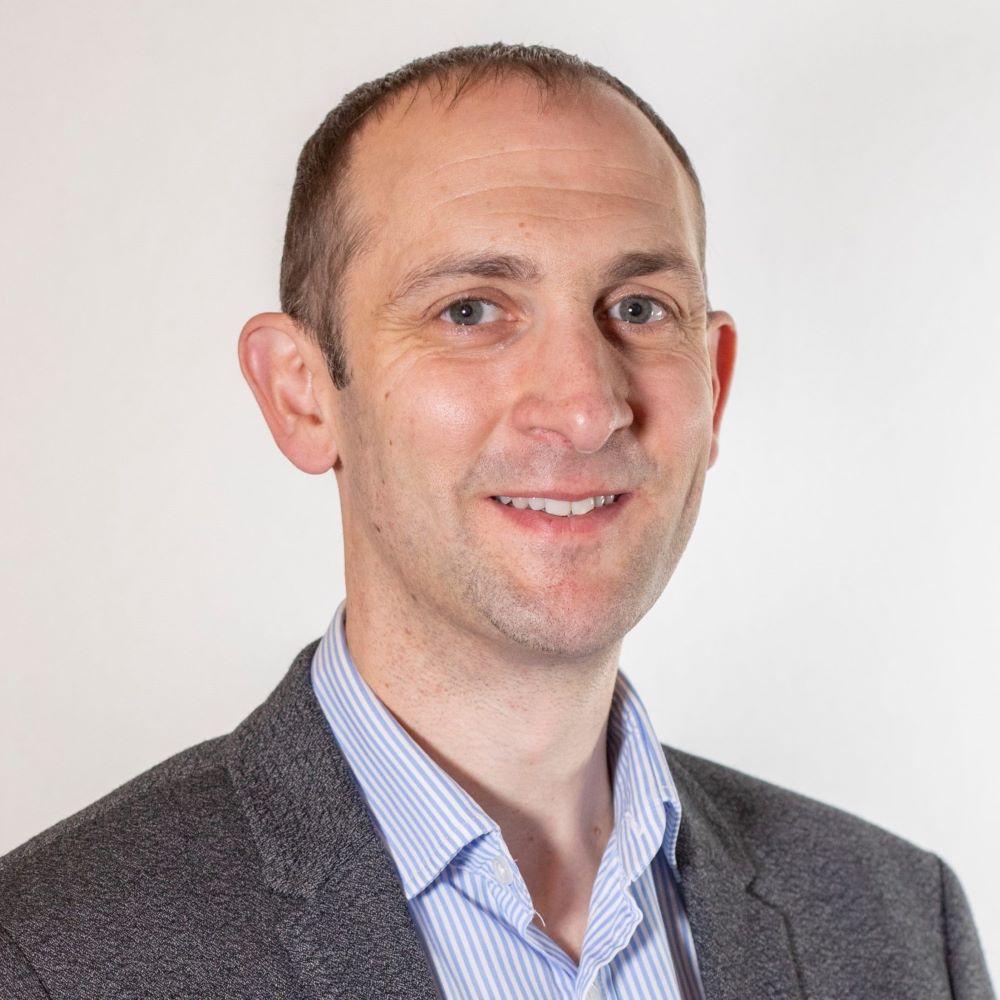Types of cancer
Our Integrated Cancer Campus diagnoses and treats all types of cancer, including cancers of the breast, bowel, lung and prostate.

What is cancer?
Cancer is a condition where abnormal cells grow and spread in an uncontrollable way, anywhere in the body. When detected early, many cancers can be successfully treated using chemotherapy, radiotherapy or other treatments.
At Cromwell Hospital, we treat all types of cancer using the latest medications and technology, from early-stage cases to those that are more complex. Our multidisciplinary team, consisting of oncologists, radiologists, haematologists and many more, creates tailored treatment plans for each patient.
Cancers we treat
We treat a comprehensive range of cancer conditions, with dedicated oncologists available for each specialty, including:
Blood cancer
There are three main types of blood cancer: leukaemia, lymphoma and myeloma. Blood cancer interferes with the production and function of blood cells.
Bowel cancer
Bowel cancer, also known as colorectal cancer, develops from polyps (growths) in your large intestine and rectum.
Breast cancer
Breast cancer is the most common type of cancer in the UK, affecting around one in eight women.
Cervical cancer
Cervical cancer is a type of gynaecological cancer that is usually caused by exposure to human papillomavirus (HPV).
Head and neck cancer
This group of cancers can develop in over 30 different areas within the head and neck. It includes conditions like mouth cancer and salivary gland cancer.
Liver cancer
Primary liver cancer is uncommon – usually cancer spreads to the liver from other parts of the body, known as secondary liver cancer.
Lung cancer
There are two types of lung cancer: non-small cell and small cell. These occur when abnormal cells grow out of control and form a tumour.
Ovarian cancer
Ovarian cancer occurs when abnormal cells in the ovaries start to grow and divide, eventually developing into a tumour.
Prostate cancer
Prostate cancer affects around one in eight men. It develops when the cells in your prostate gland start to divide or grow in an uncontrolled way.
Skin cancer
There are two types of skin cancer: non-melanoma and melanoma. Melanoma requires urgent treatment to prevent it from spreading.
Testicular cancer
Testicular cancer is the most common cancer in young men. It occurs when tissue found in the testicle becomes malignant (cancerous).
Thyroid cancer
An uncommon type of cancer found in the thyroid, a small butterfly-shaped gland located at the base of your neck.
Womb cancer
There are two types of womb cancer: endometrial and uterine. We treat both within our expert-led gynaecology department.
Genetic testing for cancer
Genetic testing is useful for both understanding a patient’s predisposition to cancer and the specific mutation of an existing cancer. Understanding the genetics behind a patient’s cancer can help guide oncologists on deciding what cancer treatment or medicine will work best for that person.
Overseen by our clinical geneticist, our genetic testing service can help identify over 100 different gene variants that may contribute towards the development of certain cancers.
Private oncologists in London
Our consultant oncologists can assess, diagnose and treat all types of cancers, from early-stage to complex cases.
Showing 1-6 of 35

Dr Nick Plowman
Consultant Clinical Oncologist
Clinical oncology
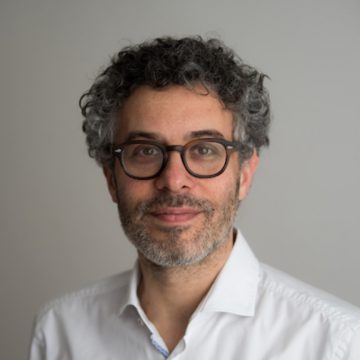
Dr Richard Shaffer
Consultant Clinical Oncologist
Clinical oncology

Dr Dionysis Papadatos-Pastos
Consultant Medical Oncologist
Medical oncology, Lung, Thymus, Mesothelioma

Dr Danielle Power
Consultant Clinical Oncologist
Clinical oncology, Upper GI

Dr James Wilson
Consultant Clinical Oncologist
Clinical oncology, Lung, Skin

Dr Alexandra Stewart
Consultant Oncologist
Clinical oncology, Gynaecology, Lower GI
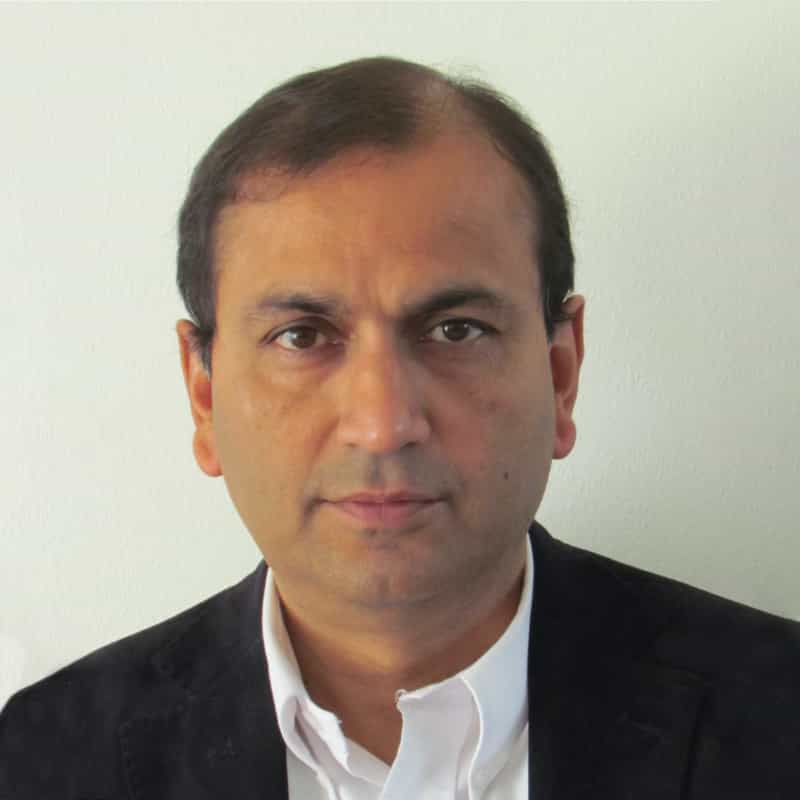
Dr Prabir Chakraborti
Consultant Clinical Oncologist
Clinical oncology

Dr Katie Newbold
Consultant Clinical Oncologist
Clinical oncology
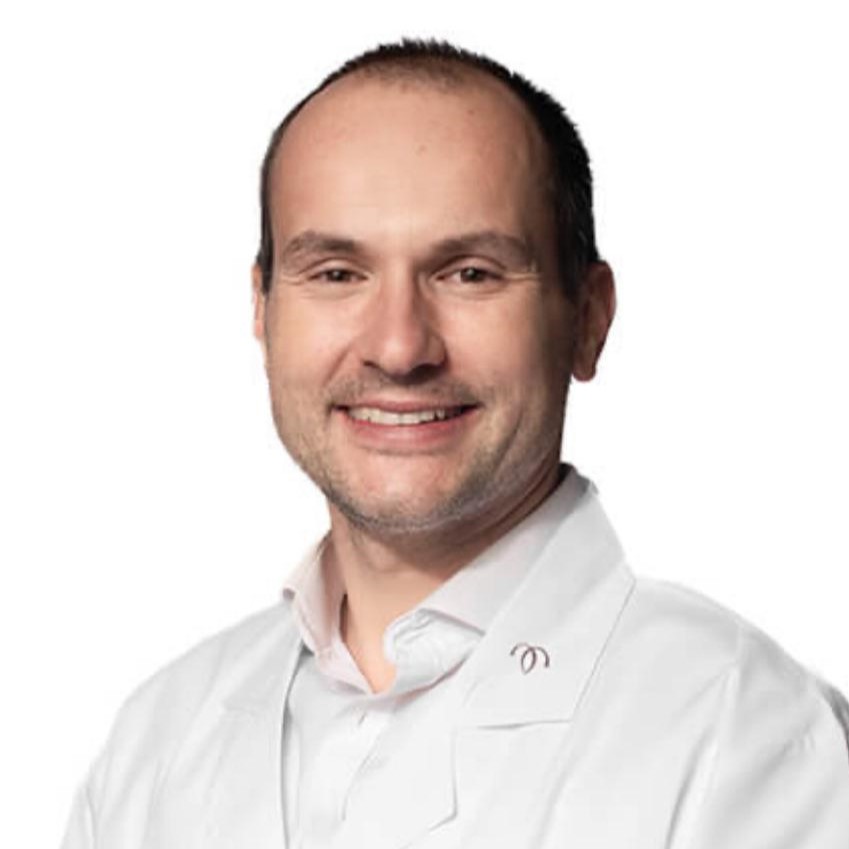
Mr Srdjan Saso
Consultant Gynaecologist and Gynaecological Cancer Surgeon
Gynaecology, Gynaecological cancer

Dr Shiroma De Silva-Minor
Consultant Clinical Oncologist
Clinical oncology, Breast

Mr Giles Davies
Consultant Oncoplastic Breast Surgeon and Director of Breast Surgery
Breast surgery

Dr Zaid Abboudi
Consultant Haematologist
Haematology, Haemato-oncology
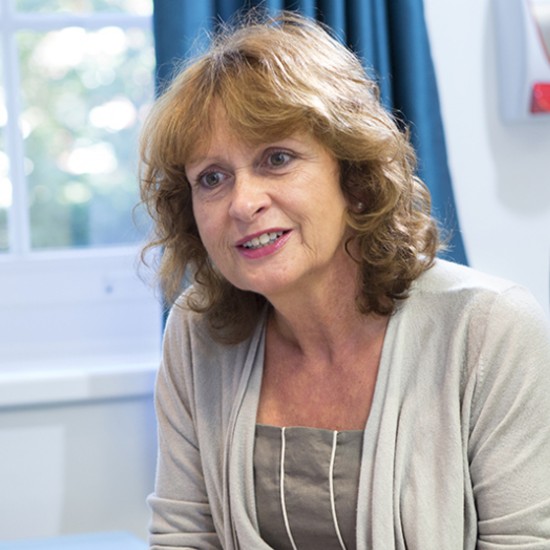
Dr Diana Tait
Consultant Clinical Oncologist
Clinical oncology, Breast, Colon, Hepatobiliary, Lower GI, Upper GI
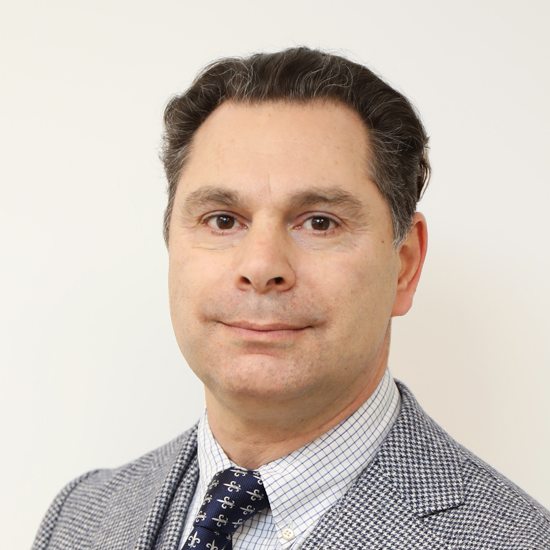
Dr Andrew Gaya
Consultant Clinical Oncologist
Clinical oncology, Brain/CNS, Colon, Hepatobiliary, Lower GI, Upper GI

Dr Jason Chow
Consultant Medical Oncologist
Medical oncology, Hepatobiliary, Upper GI
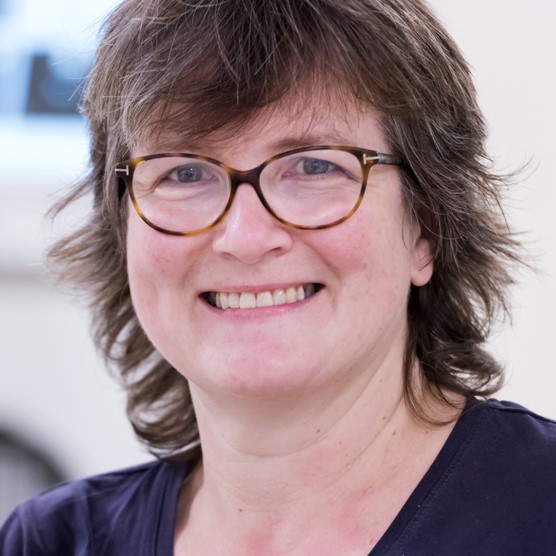
Dr Alison Falconer
Consultant Clinical Oncologist
Clinical oncology, Brain/CNS, Urology
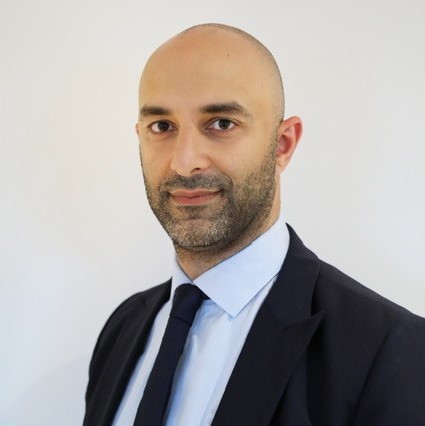
Dr Doraid Alrifai
Consultant Medical Oncologist
Medical oncology, Urology, Lung
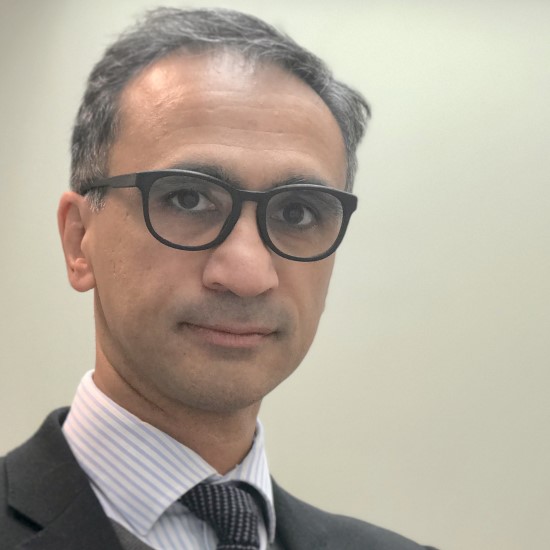
Dr Amen Sibtain
Consultant Clinical Oncologist
Clinical oncology
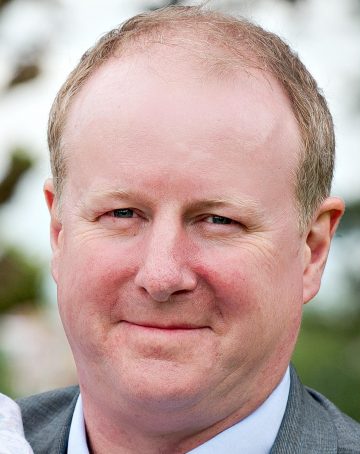
Dr Philip Savage
Consultant Medical Oncologist
Medical oncology

Dr Ian Gabriel
Consultant Haemato-oncologist
Haematology, General, Haemato-oncology
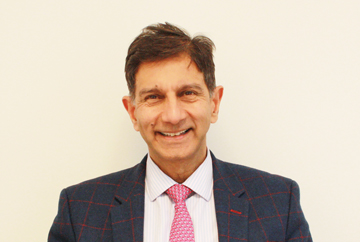
Dr Amin Rahemtulla
Consultant Haematologist
Haematology, Haemato-oncology
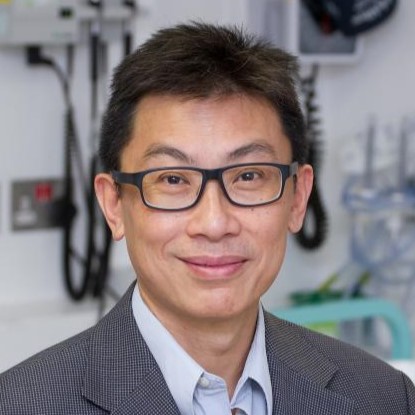
Dr Vincent Khoo
Consultant Clinical Oncologist
Clinical oncology

Dr Naveed Sarwar
Consultant Medical Oncologist
Medical oncology, Urology, Gynaecology, Breast, Skin

Professor Christopher Nutting
Consultant Clinical Oncologist
Clinical oncology
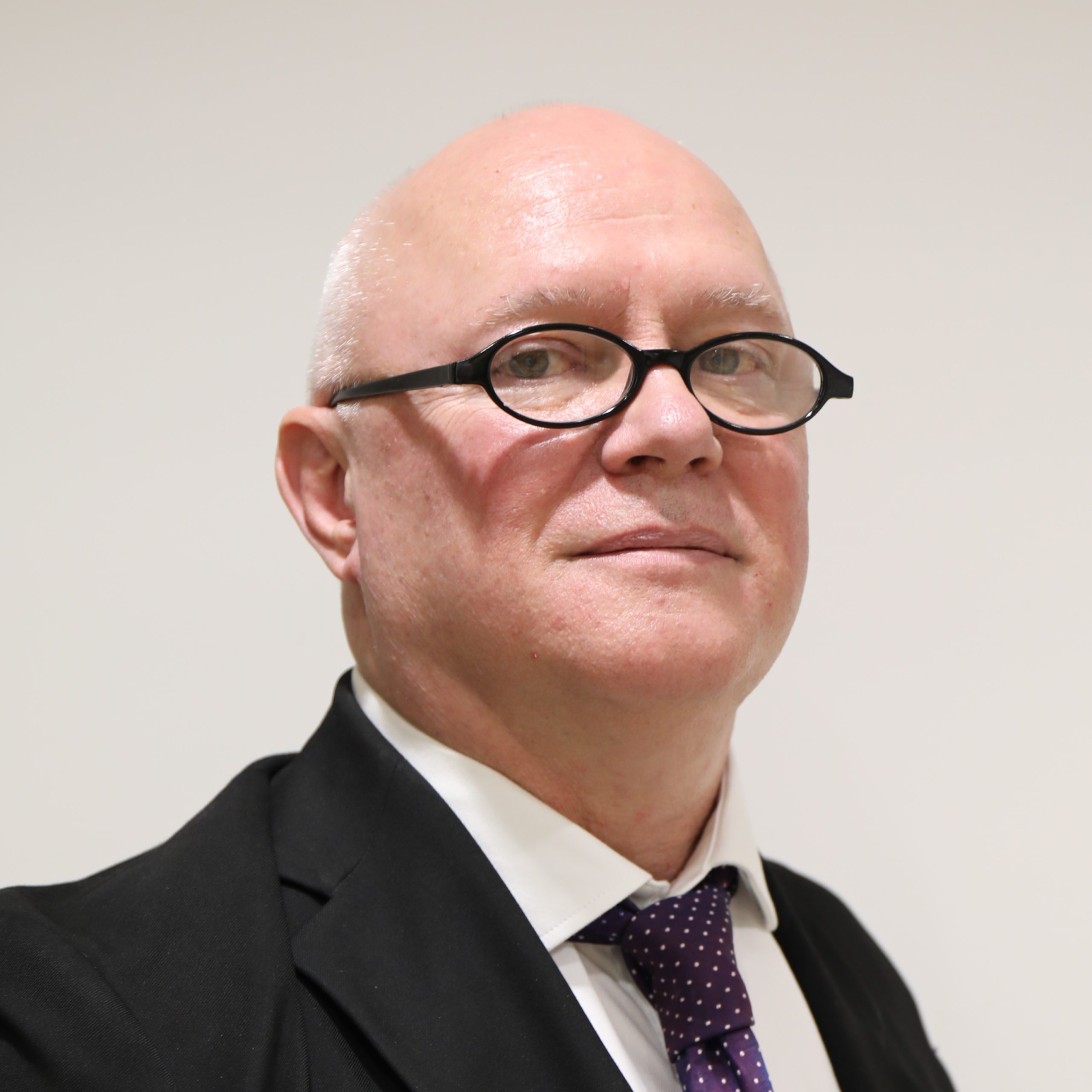
Dr Timothy Crook
Consultant Medical Oncologist
Medical oncology, Breast, Skin, Urology
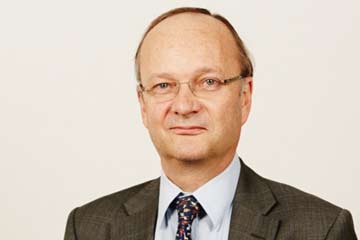
Dr Charles Lowdell
Consultant Clinical Oncologist
Clinical oncology
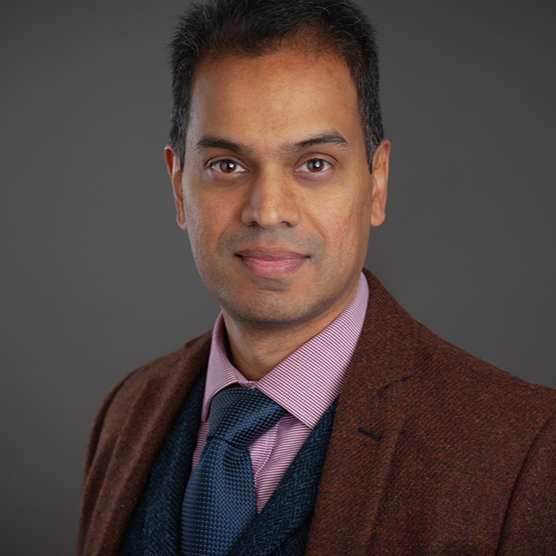
Dr Waleed Mohammed
Consultant Clinical Oncologist
Clinical oncology, Lung, Brain/CNS
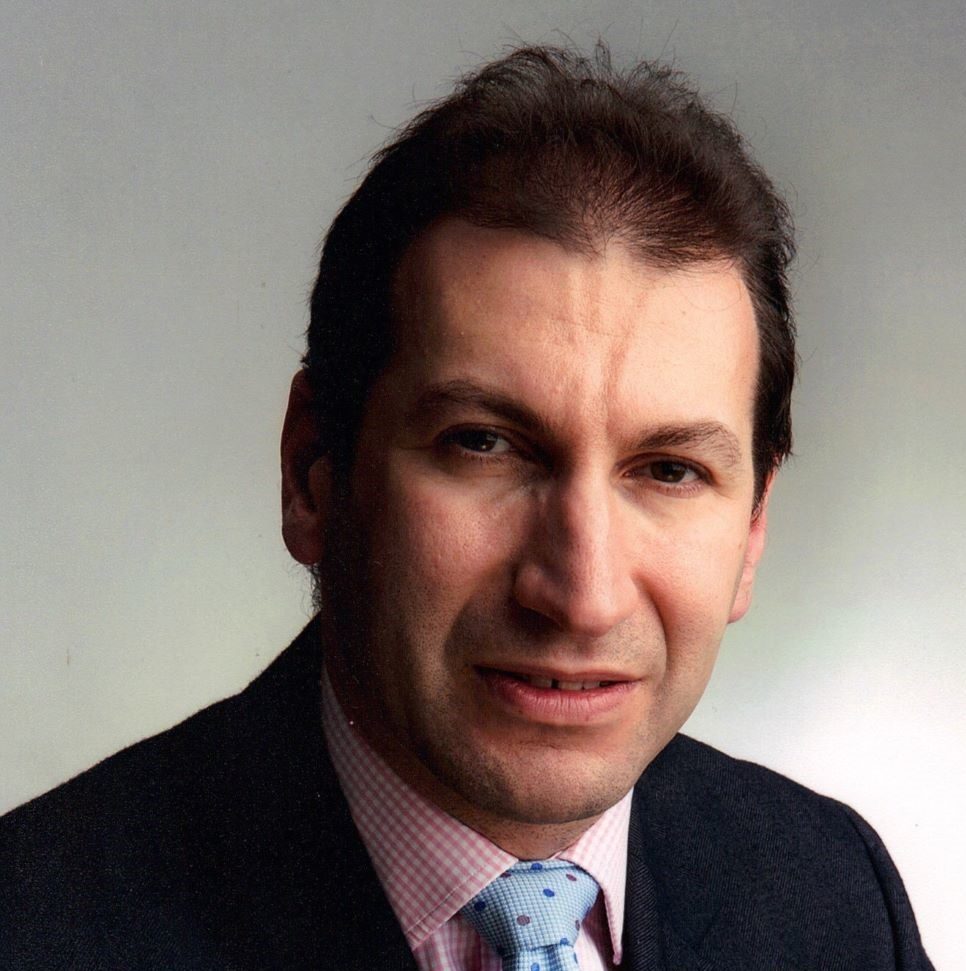
Dr Paul Ross
Consultant Medical Oncologist
Medical oncology

Professor Michael Seckl
Consultant Medical Oncologist
Medical oncology

Dr George Mikhaeel
Consultant Clinical Oncologist
Clinical oncology, Haematological

Dr Stephen Mangar
Consultant Clinical Oncologist
Clinical oncology
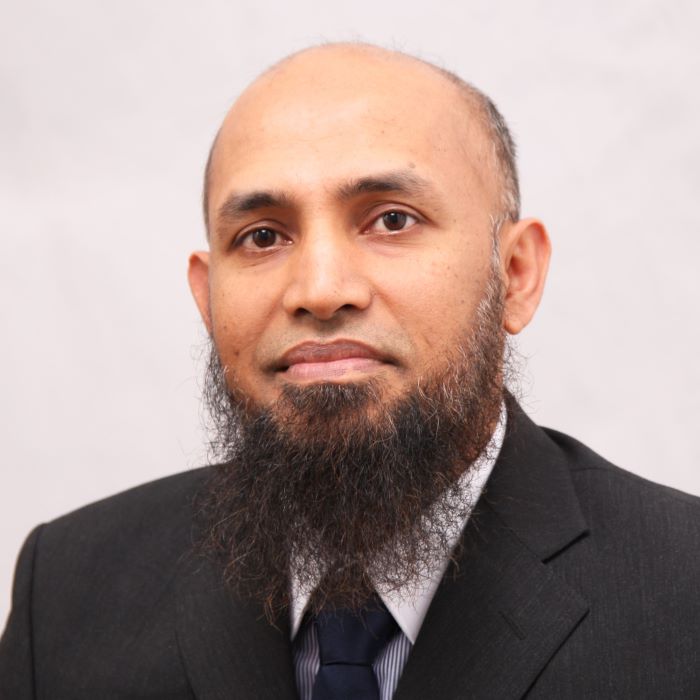
Dr Rafiqul Islam
Consultant Clinical Oncologist
Clinical oncology, Upper GI, Lower GI, Lung
There are currently more than 200 different types of cancer. Cancers are typed according to where they started within the body. They may also be typed by what cell they started in: carcinoma, sarcoma, leukaemia, lymphoma and myeloma.
In the UK, the most common cancers are breast cancer, lung cancer, prostate cancer and bowel cancer. We treat all four of these cancers at Cromwell Hospital, along with many others.
Simple lifestyle changes can help reduce the chances of developing cancer. These include:
- Eating a healthy, balanced diet
- Exercising regularly
- Not smoking
- Limiting the amount of alcohol you drink
- Protecting your skin from sun damage
Our locations

Cromwell Hospital

Basinghall Clinic
4 Basinghall Street
London EC2V 5BQ
United Kingdom
Please note, Basinghall Clinic may not provide all the services listed on this webpage.
Book a cancer care appointment today
Our telephone lines are open 8am to 8pm Monday to Friday and 8am to 2pm Saturdays.
Please note - regrettably we are unable to answer specific medical questions or offer medical advice via email or telephone


